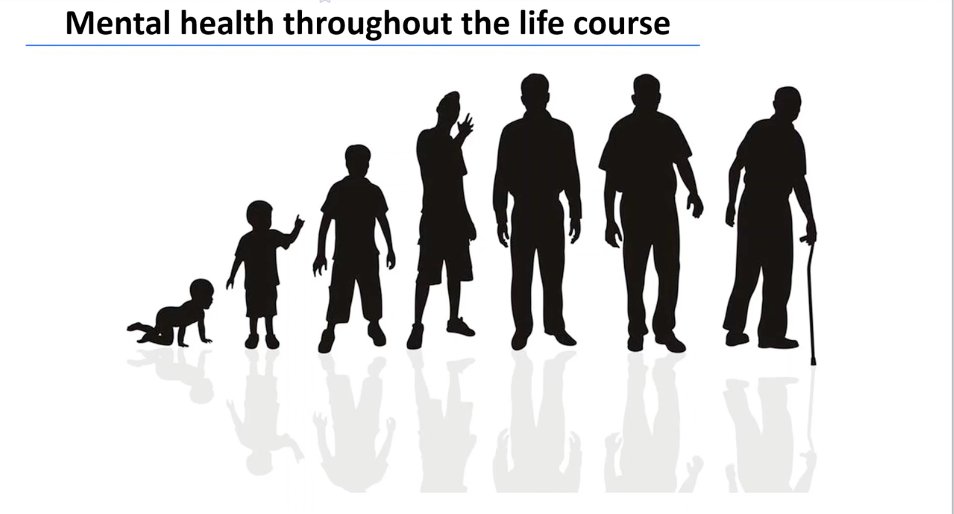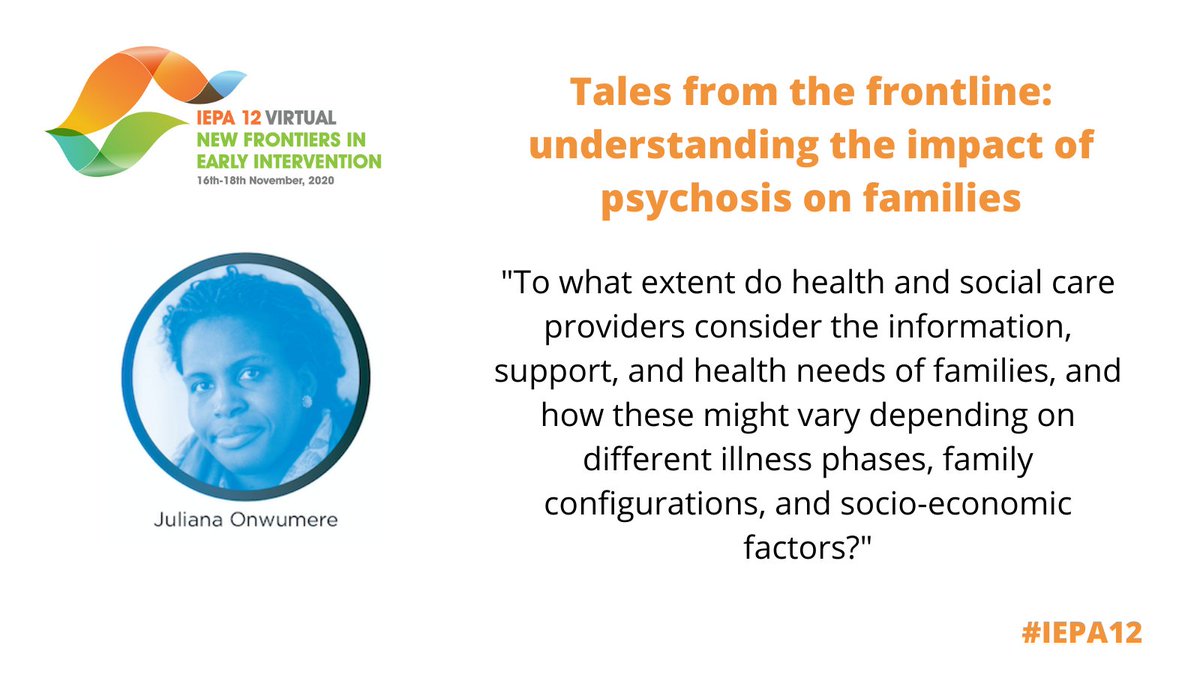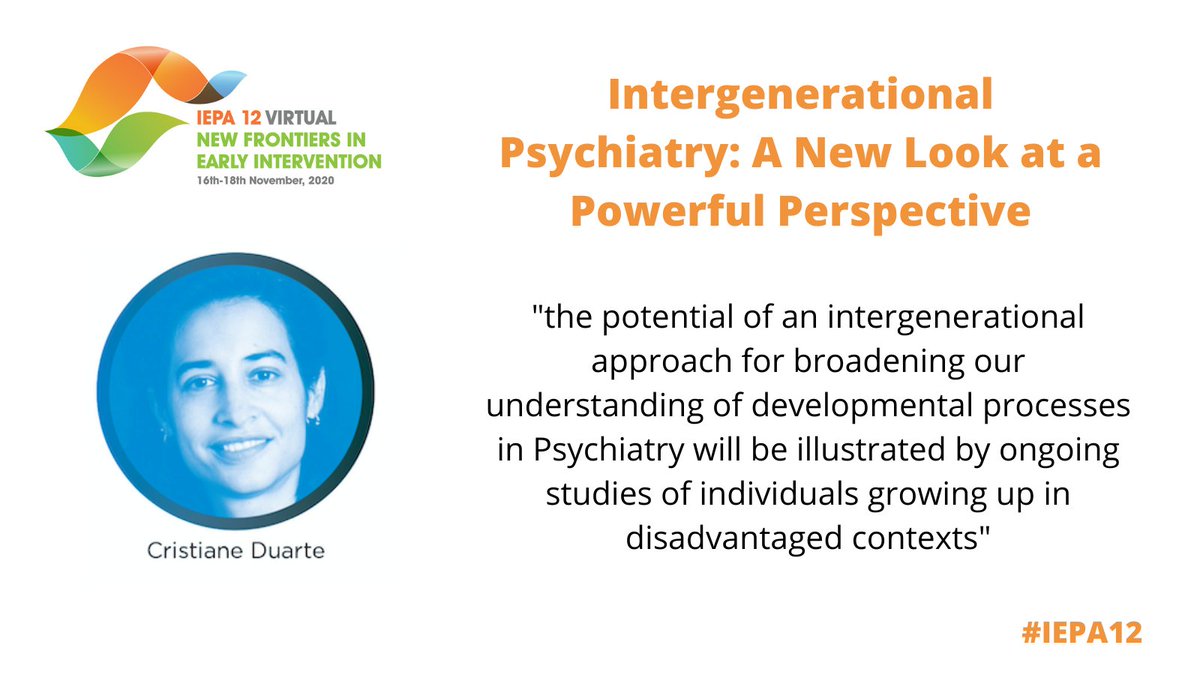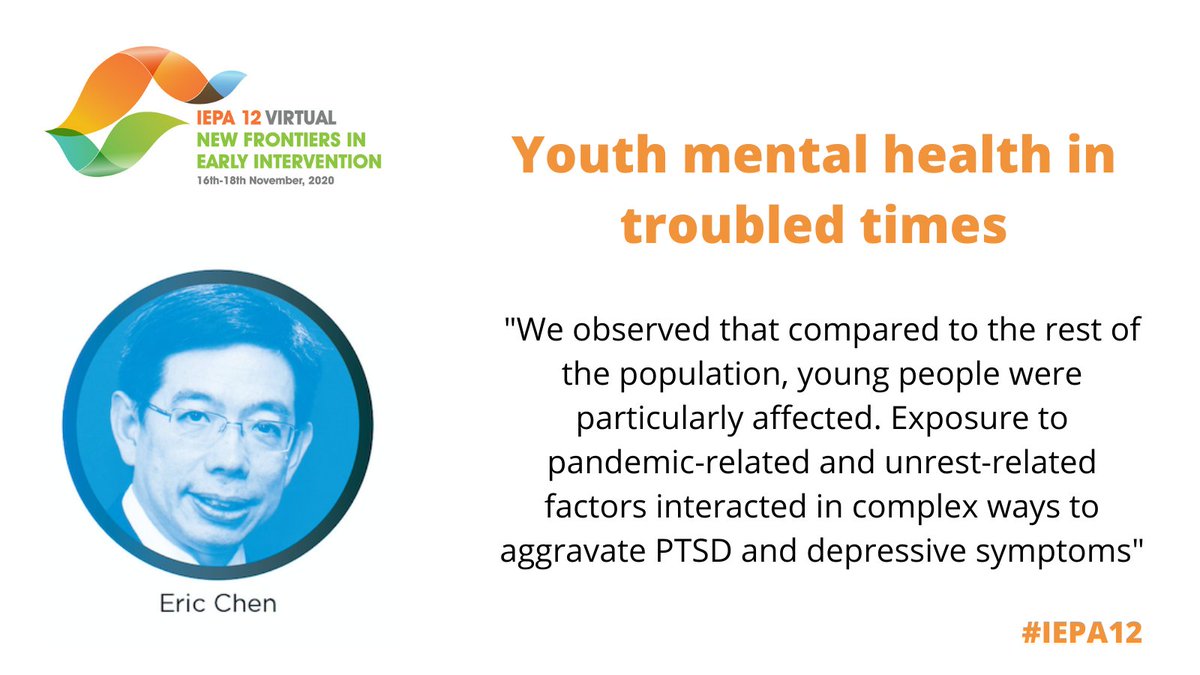
Our next talk at #IEPA12 is by @pimcuijpers from @VUamsterdam who will be focussing on preventing the onset of depressive disorders: the opportunities and challenges pimcuijpers.com/blog/ 

“I’m always happy to talk about research on preventing the onset of depression", as there are lots of opportunities for helping people, says Cuijpers #IEPA12 
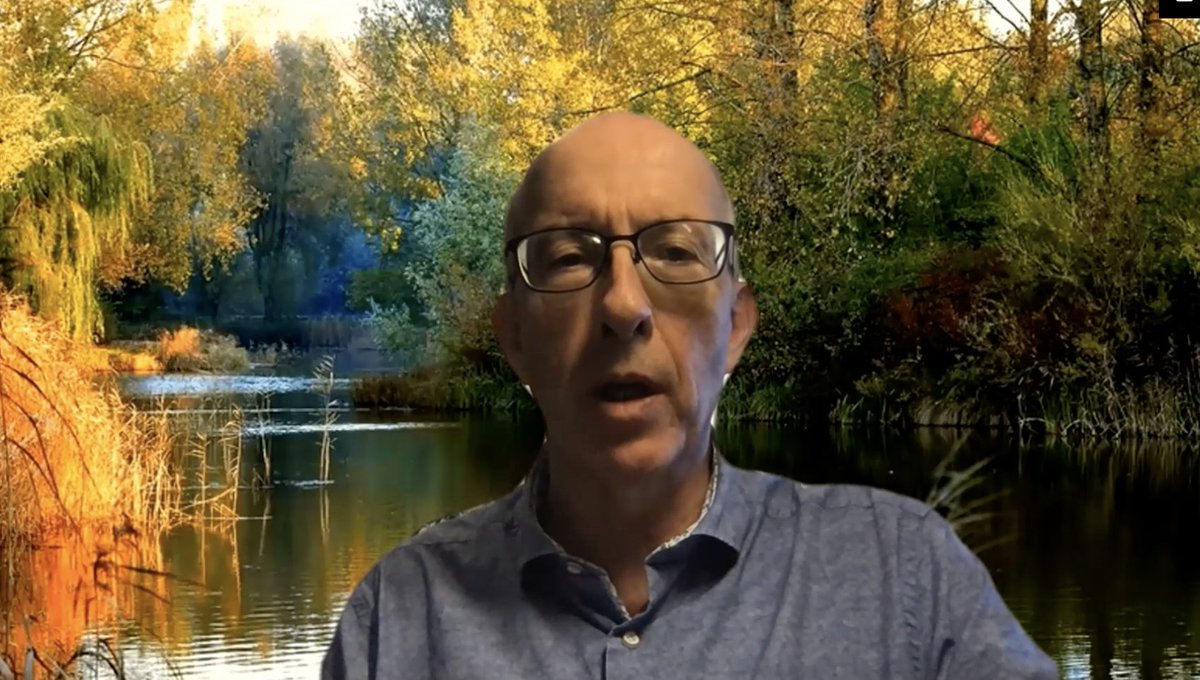
Preventing depression: a global priority
This 2012 viewpoint by Cuijpers in @JAMA made the case for depression prevention and highlighted that the global biomedical community were ready for this idea (preventing depression) #IEPA12
doi.org/10.1001/jama.2…
This 2012 viewpoint by Cuijpers in @JAMA made the case for depression prevention and highlighted that the global biomedical community were ready for this idea (preventing depression) #IEPA12
doi.org/10.1001/jama.2…
Why is it important to prevent depression?
@pimcuijpers speaking at #IEPA12
-high prevalence & incidence
-huge burden of disease
-it’s not good enough to wait for people to get ill and treat them
-AND our treatments aren’t good enough!
@pimcuijpers speaking at #IEPA12
-high prevalence & incidence
-huge burden of disease
-it’s not good enough to wait for people to get ill and treat them
-AND our treatments aren’t good enough!

Treatments only take away 16% of the disease burden of major depression. If we gave everyone an evidence-based treatment we would only take away 34% of the burden, says Cuijpers
(Andrews, 2004, BJPsych)
We need better treatments for depression!
#IEPA12
(Andrews, 2004, BJPsych)
We need better treatments for depression!
#IEPA12
The economic costs of depression (absenteeism/presenteeism) are very high
Dan Chisholm 2016 @TheLancetPsych: doi.org/10.1016/S2215-…
#IEPA12
Dan Chisholm 2016 @TheLancetPsych: doi.org/10.1016/S2215-…
#IEPA12
Meta-analysis of RCTs - can we actually prevent depression? (Cuijpers in revision - updating previous reviews)
-50 trials (1 universal prevention, 16 selective, 33 indicated) across different populations
-using CBT (22), IPT (8) and stepped care (5)
#IEPA12
-50 trials (1 universal prevention, 16 selective, 33 indicated) across different populations
-using CBT (22), IPT (8) and stepped care (5)
#IEPA12

This review (preliminary unpublished results) shows that indicated AND selective prevention are effective at reducing incidence of depression, BUT the effects are modest:
-Indicated prevention IRR = 0.81
-Selective prevention IRR = 0.79
#IEPA12
-Indicated prevention IRR = 0.81
-Selective prevention IRR = 0.79
#IEPA12
Preventing depression is best (if possible) BUT we also need better treatments!
We can potentially improve effects by focusing on multiple disorders (e.g. anxiety and depression) or using stepped care models, says Cuijpers #IEPA12
We can potentially improve effects by focusing on multiple disorders (e.g. anxiety and depression) or using stepped care models, says Cuijpers #IEPA12
Read @IoanaA_Cristea’s blog of @pimcuijpers 2016 RCT in @JAMA
"This is the largest depression prevention trial conducted so far and it shows web-based guided self-help to be effective."
nationalelfservice.net/mental-health/…
#IEPA12
"This is the largest depression prevention trial conducted so far and it shows web-based guided self-help to be effective."
nationalelfservice.net/mental-health/…
#IEPA12

Great #IEPA12 talk from @pimcuijpers
Prevention can reduce depression incidence (up to 50%), BUT we need:
-to identify high risk groups with higher incidence rates, e.g. by combining risk factors
-better treatments
-to improve the uptake of interventions
Prevention can reduce depression incidence (up to 50%), BUT we need:
-to identify high risk groups with higher incidence rates, e.g. by combining risk factors
-better treatments
-to improve the uptake of interventions

If you’re interested in preventing depression, you should look at the Global Consortium for the Prevention of Depression.
Check out the podcast we recorded at the last #DepressionPrevention meeting in York in 2019 #IEPA12 soundcloud.com/national-elf-s…
Check out the podcast we recorded at the last #DepressionPrevention meeting in York in 2019 #IEPA12 soundcloud.com/national-elf-s…
And if you fancy a longer listen on preventing depression, you can settle down to the dulcet tones of @pimcuijpers in this 50-min podcast recorded back in 2016 #IEPA12
soundcloud.com/national-elf-s…
soundcloud.com/national-elf-s…
• • •
Missing some Tweet in this thread? You can try to
force a refresh





